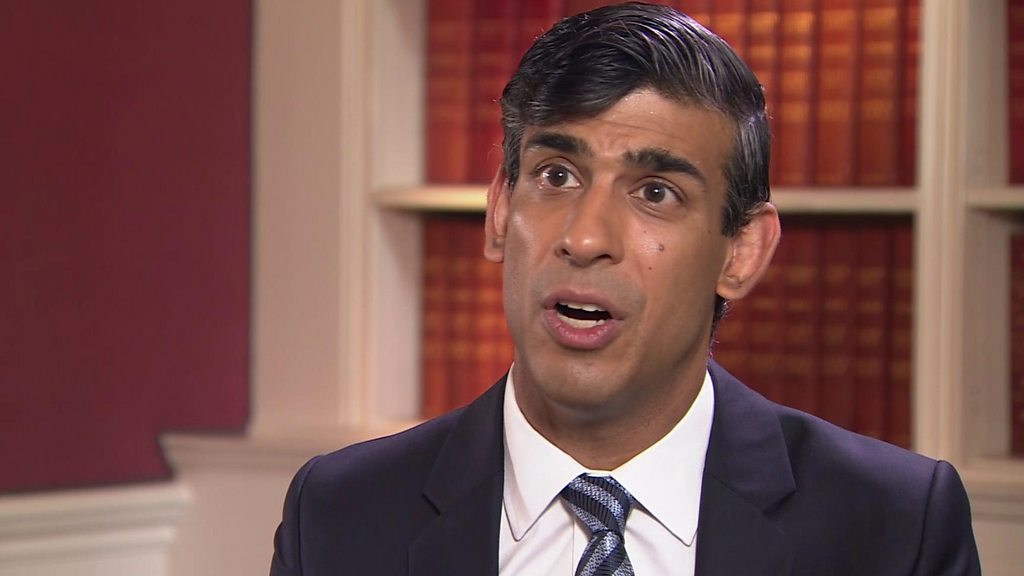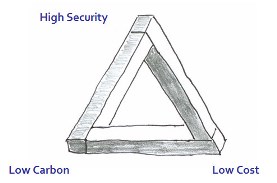Is there an Engineering Skills Shortage holding back Heat Pump installations?
Many people have been asking if there is a skills shortage that could hold back the government's target of seeing 600,000 heat pumps being installed each year by 2028. Is there a simple solution?
These are the answers to the questions that many have been asking about the engineering skills gap.
How significant is the skills shortage in the heat pump sector?
This is an important supply side question. The answer is there is a severe skills shortage in the heat pump sector for the skills of design and installation.
It is important to ask why there is such a major supply side issue. The answer is because there has been a major lack of demand for heat pumps in the UK.
Why are heat pump installations running at only around 2% of heating installations in the UK when the figure for Norway is around 96%?
The answer is because the UK Government taxation policy makes heat pumps unattractive. Up until 1 April 2022 the environmental levies on domestic electricity amounted to around 25% of electricity bills, but only 2% of gas bills. The ratios have improved marginally since the lifting of the price cap on 1 April. But the environmental levy on electricity bills is still around 20%, compared to 1.8% on gas.
While there are a number of people who would like to reduce their carbon emissions from heating – and installing a heat pump is the clearest route towards decarbonisation – they are held back by the running cost of using a heat pump for heating and hot water.

The reason that the running cost of heating using a heat pump is larger than the cost of burning gas in a boiler is because of the very high tax on electricity in the UK (and the very low tax on gas). Those burning gas for heating are not currently being asked to pay for the environmental damage they are causing.
There are many people who would be prepared to meet the investment cost of installing a heat pump in order to save money on running costs.
We have seen that many people have been prepared to invest in relatively expensive electric cars in order to benefit from the low running cost. An EV can be charged overnight for around £15, but it can cost £80 to fill up a car with petrol or diesel. When owners go to the pub they delight in relating how cheap it is to charge their cars (but do not boast about the higher cost of their EV).
The same would be true of heat pumps if the running cost of a heat pump was clearly less than the cost of running a gas boiler.
Is this skills shortage predominantly for heat pump installers or is it wider?
There are some supply side issues affecting other industries in obtaining materials, but the “skills shortage” for heat pump installers is down to a lack of demand for their skills.
Could such a skills shortage lead to the UK missing its 600,000 installations target?
Yes. The UK will miss its 600,000 installations a year target by 2028 unless the Chancellor moves quickly to reduce the barrier of excessive tax on electricity.
Could a skills shortage impact the price of a heat pump installations?
Yes. The lack of demand for heat pumps is holding back the market and preventing the market from enjoying the benefits of economies of scale.
What could government be doing to help fill the gap?
The “skills gap” would evaporate if the Government would remove the inappropriate “environmental levies” imposed on electricity.
There is no skills gap in the installation of gas boilers – around 1.6 million are installed in the UK every year. The skills required can be divided into:
- plumbing skills (installing radiators and underfloor heating circuits and hot water cylinders)
- electrical and controls skills (installing thermostats and electronic controls)
- gas boiler skills (including safety measures)
The skills required to install a heat pump are very similar: the plumbing skills are the same, the control skills are very similar and the installation of an air source heat pump requires similar skills to installing a gas boiler (but without the need for gas safety expertise).
Despite the push for more heat pumps to be rolled-out, very few gas fitters have retrained for heat pump installations – because the demand of gas boilers is still high and the demand for heat pumps is low.
If the cost of gas rose and electricity fell then there would be a flood of gas fitters would show a keen interest in installing heat pumps – and they have most of the critical skills already.
What could companies be doing?
It is the government’s job so set the appropriate fiscal background to allow heat pumps to be installed. There is very little that companies can do effectively until the government corrects this major distortion. However, the GSHPA and member companies are investing in training materials and education to help those ready to join the heat pump sector.
The GSHPA is assembling two streams of on-line training courses. The first course is for consultants, building services engineers and architects and focuses on larger heat pumps for larger buildings. See: GSHPA training courses. The second course is for domestic installers, designers and those needing to know what to ask for when researching heat pump systems.
Is the general public aware enough of the opportunities within the sector career wise?
Gas fitters and the general public will take notice very quickly when the government removes its tax barriers to the electrification of heat.
What is the most important step in the short-term to ensure a skills shortage doesn’t hamper the heat pump rollout?
The government needs to remove the environmental levies from electricity to allow the market to respond. If the government was brave enough to add the environmental levies onto gas and oil – where they really belong – then this would accelerate the transition.
Beyond the skills gap, are there considerable challenges with building up the supply chain?
There are currently other temporary supply side issues in providing components for the manufacture of heat pumps due in part to covid issues and international transport issues. These will clear in time if the Chancellor would adjust the fiscal background to remove the barriers to installing heat pumps.
Are there other issues arising?
There is an awareness that the government would loose significant revenue if it reduced the tax on electricity for everyone. The government is already losing out on fuel duty revenues as people move toward electric cars – and there is no real need for further incentives as EVs are already much cheaper to run than combustion engine cars.

It may be that the answer for government would be to reduce the excess tax on electricity just for those who install heat pumps. If the government restricted the cost of electricity only for those using heat pumps it would suffer almost no reductions in revenue as so few people have yet installed a heat pump in the UK.
Environmental Audit Committee
Philip Dunne, Chairman of the Environmental Audit Committee, acknowledges the scale of the problem and the need for government to take action. He said: “We are in an exciting and innovative time with new technologies coming to market that can make our net-zero ambition a reality. But the scale of the challenge is huge, and requires Government to set clear direction to instil industry confidence.
“Heat pumps could be transformative in decarbonising heating in our homes with homes emitting 20% of the UK’s greenhouse gases. It is a problem we need to meet head-on. Only when the supply chain is equipped to deliver the roll-out of 600,000 heat pumps a year, and costs are brought down for consumers, will we see heat pumps being a staple for many UK homes.”
What are other countries doing?
The Netherlands is proposing to ban the installation of new fossil fuel boilers from 2026. This is significant as over 70% of homes in The Netherlands currently rely on gas for heating. They are to be encouraged the switch to heat pumps, including hybrid heat pump systems, or to connect to district heating systems.
The Dutch Minister for Housing Hugo De Jonge said: “The urgency of sustainability is great and the pace must be increased. It is also better for everyone’s wallet if we use less natural gas. That is why the cabinet wants hybrid heat pumps to become the standard from 2026 when central heating boilers need to be replaced.”

